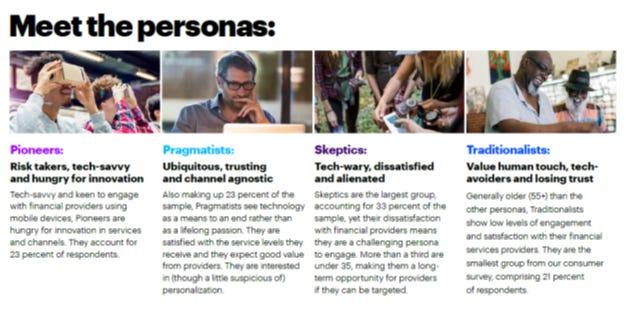Trust Economy and Financial Decisions
Edition #9: The friendly neighborhood LIC agent in now an algorithm
In the last post, I attempted to highlight how habits and basic financial literacy can influence the future, in particular your life goals.
My parents’ generation had limited options when it came to financial decisions. Beyond the mundane expenses, the choices were a fairly simple mix of life insurance plans and fixed deposits in a nationalised bank. Home or vehicle loans took a chunk of the monthly instalments. The likely influencers of this generation were a combination of the LIC agent, the (chartered) accountant uncle and the bank manager.
Trust in the conventional sense included real people, and losing trust meant losing not just business but also goodwill of the customer. Brands were built on trust.
Advertising today has been able to shift this trust paradigm and influence our views differently.
Since its humble beginning with a TV ad in 1941, advertising has gained a disproportional share in influence, thanks to a hyper-connected digital world. With the evolution of our financial markets and with more banks, we are now in the midst of a large array of products and options. Navigating this maze requires a lot more assistance if you are a novice, else there is the likelihood of death by jargons.
It is also quite common to see banks using prominent entertainers and sportspersons as brand ambassadors. These ads mostly talk about safety, freedom, convenience and themes that resonate with a lot of us when we consider a trusted financial partner.

While these ads likely have an impact on the consumer psyche and possibly why you see more of them, a 2018 advertising study focused on the Asia Pacific region identified the factors that influence trust in advertising and marketing.
Recommendations from people you know came out as the largest driver of trust.
This is somewhat true in our lives today. We continue to seek recommendations from friends in finding an expert surgeon, physiotherapist, care services for ageing dependents, a therapist, a tax consultant, etc. There is an implicit trust in the friend’s judgment aided by their experience, due diligence and feedback.
The personalization of everything.
Data today is a key building block of the interaction between a brand and the consumer. A study by Accenture highlights the fact that customers are more willing to share their data in exchange for better and more personalized financial products and services. Interestingly, the same study points to increasing trust in the financial systems in spite of these institutions holding more of our personal data. Ironic yet true.
The more interesting part of the study is the identification of four personalities when it comes to how people engage with banks and insurance companies.

While pragmatists are spread evenly across all age groups and geographies, it the ‘traditionalists’ group comprises largely of people that are older (55+). Take your pick!
Senior citizens, for example, are now categorized as the ‘silver generation’ in marketing lexicon, and thus have their place in the unfolding consumer story beside other categories - Gen Z, millennials, Gen X and so on. This allows for targeted spots to reach out this group. The recent Chetak electric scooter ad builds on the nostalgia of the Hamara Bajaj slogan, which played to the aspirations of an emerging Indian middle class back in 1989, and is adapted to influence demographics of the day.
At a more academic level, researchers have been trying to understand the influence of advertising on the human brain with some pointing to humans becoming autonomous beings. Emerging fields like neuromarketing are pushing this further while leading to questions and concerns around neural manipulation at a highly sophisticated level.
I could keep going down this track but you get the message.
It is also true that with all the advances, we still get sold with pesky afternoon calls at work promising to turn our future around with one smart investment! This John Oliver episode on retirement plans has a nice take on how things work in the US.

Have a relaxing Sunday and a nice week ahead! See you next week and please feel free to share with friends and family.
